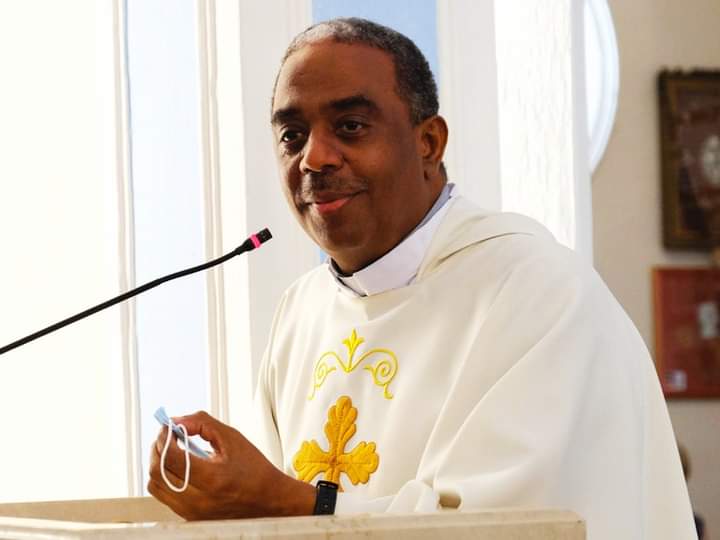In November, 2023, the corporate world was treated to a fast-paced drama that unfolded at OpenAI, as Sam Altman was ousted and then reinstated as CEO of the artificial intelligence powerhouse. The reason cited for his dismissal from the company was that he was not “consistently candid in his communications with the board, hindering its ability to exercise its responsibilities” (The New York Times, 17th November, 2023). Put simply, the board did not find Mr. Altman trustworthy.
The OpenAI incident is but a tip of the trust crisis iceberg in the business world. Studies such as Harvard Review Analytic Services have found that there is a general perception that trust among people, businesses and institutions is on the decline. The United Nations speaks of a global ‘trust deficit’. Yet, as Trust Edge Leadership Institute (TELI) founder David Horseger affirms in his book The Trust Edge, trust is the “currency that drives economic transactions”. Therefore, a business cannot afford to lose the currency of trust in its dealings with employees, customers, regulators, and the general public.
Defining Trust
Cambridge Dictionary defines trust as the belief that “someone is good and honest and will not harm you, or that something is safe and reliable”. Key words in this definition are belief, good, honest, and reliable. ‘Belief’ suggests that something is not yet proven to be true or false. Trusting someone involves some vulnerability. In fact, organisational scholars define trust as one’s willingness to be vulnerable to the decisions and actions of others because one believes they have good intentions. David Horseger understands trust as ‘confident belief in an entity to do what is right, to deliver what is promised, and to be the same every time, regardless of circumstances”. In other words, someone is trustworthy if they mean well, fulfil their promises, and behave consistently, even in trying moments.
Why Trust is Important in Business
In a world plagued with trust deficit, trust has become a source of competitive advantage in more ways than one. First, it increases the speed of business deals. When suppliers or customers trust a business, the due diligence process is abbreviated and fast-tracked.
Second, trust leads to sales growth because of repeat purchases. When customers trust your business, they tend to buy from you again and again.
Third, trust increases the speed of new product adoption and reduces market neophobia, that is, fear of new things. Borrowing a biblical metaphor, a trusting son is confident that his father will not give him a scorpion for fish.
Within an organisation, trust reduces the cost of doing business in the sense that time and resources spent on checking employees are invested in more productive activities. As trust decreases, companies tend to invest in cost-intensive surveillance technologies.
How to Build Trust
Trust is a process – it takes time and energy to develop. As the English saying goes, one swallow does not make a summer. Horseger articulates eight pillars – also known as the 8Cs – of trust: clarity, compassion, character, competency, commitment, connection, contribution, and consistency. David Maister provides a more economical framework of trust: credibility, reliability, and intimacy. Credibility entails the ability to speak the truth and to be transparent. Reliability means keeping one’s promises and showing up when it matters. Intimacy postulates a sense of genuine connection with and empathy for others. The opposite of intimacy is self-orientation (egotism). To build trust, therefore, one has to speak the truth all the time, deliver on one’s promises on time, and develop an authentic interest in other people’s joys, hopes and anxieties.













